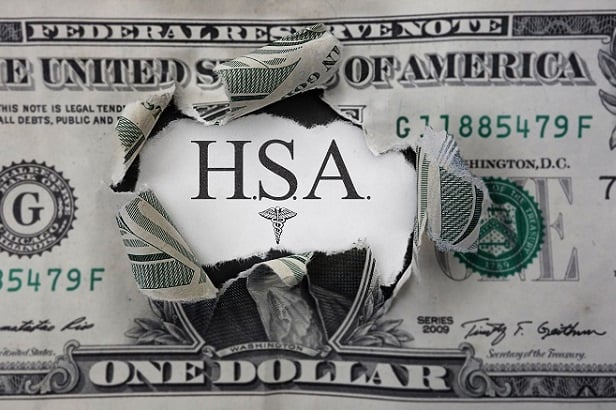
House bill could affect HSAs and Medicare beneficiaries
As health insurance costs continue to rise, many employers are offering their employees options for HSA plans to reduce health care costs. HSA plans have grown in popularity with more 32 millions of active HSA accounts in the United States.
Many Americans don’t know if he decides to work further 65. Once you start Medicare, you will no longer be able to contribute to your HSA. A bill in the House of Representatives could change that and allow continued contributions to an HSA when it is enrolled in Medicare.
Contents
Description of an HSA
HSA is the acronym for Health Savings Account. These accounts set aside money to cover qualified medical expenses. In addition to the funds used for eligible medical expenses, they also have significant tax advantages.
To obtain an HSA account, you must enroll in a high-deductible health insurance plan. A highly qualified deductible plan must meet the following criteria:
- Deductible $ 1,400 individual, $ 2,800 family
- Maximum out-of-pocket payment $ 7,050 individual ,$ 14,100 family.
Medicare does not meet the criteria for a high deductible account. Because it is not considered a plan with high deductibles, it is not eligible for use with a contributing HSA account.
Current Medicare and HSA standards
If you contribute to an HSA account and are enrolled in Medicare, you will be logged in 6% sanction of the special tax. You can use your HSA funds to cover qualified medical costs. Your HSA funds can also be accessed to pay your Medicare Part A, B, C, and D premiums.
Most Medicare beneficiaries are 65 years or more. Once you are 65, you can withdraw money from your HSA for non-medical use without penalty. Medicare supplement premiums cannot be paid with an HSA account.
Proposed changes to Medicare and HSA rules
If the new changes are approved, eligible beneficiaries could enroll in Medicare and continue to contribute to the HSA. For some, this is great news. Unfortunately, beneficiaries who depend on their HSA funds to pay their Medicare premiums would lose the ability to do so.
Older people could no longer access their HSA funds for non-medical uses without receiving a penalty. This change will have a significant impact on older people using this benefit.
Frequently asked questions
How much can I contribute to my HSA annually?
By 2022, HSA contributions are limited to $ 3,650 for individuals and $ 7,300 for family coverage. If you’re 55 or older, you can contribute $ 1,000 more.
Any excess contribution would not be tax deductible and is considered taxable income.
What happens to my HSA when I turn 65?
Under current law, if you turn 65 and delay all parts of Medicare, there will be no change in the operation of your HSA contributions. If you choose to start Medicare, you will no longer be able to contribute to your HSA without a 6% excise penalty.
With the new legislation, that would change. You can contribute even if you are enrolled in Medicare. The penalty would be eliminated.
Is it wise to maximize my HSA contributions?
If you have the means to make the most of it, there is no reason not to. You may want to consider whether it makes more sense to put the extra amount on your own 401K.
It would make sense to consider how much your employer contributes. This will ensure that you make the best decision for yourself.
Summary
The new legislation would allow people with Medicare to continue contributing to their HSA accounts. This change would also eliminate the possibility of paying Medicare premiums with funds or using tax-free money for non-medicine-related expenses.
We can expect contribution limits to increase significantly in 2023 as the cost of living increases.

Comments are closed.